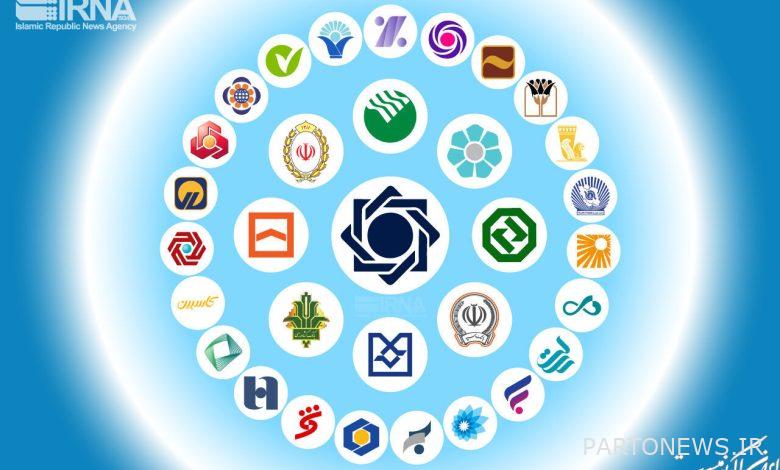Thawing the frozen assets of banks in the 13th government

According to Iran EconomistDuring the past years, good laws have been enacted in various economic fields, but they have been neglected and the relevant institutions have delayed in implementing these laws. Among these laws is the sale of surplus property of banks and credit institutions, which was approved in January 2013 in the Islamic Council. Based on this, all banks and credit institutions were obliged to hand over their surplus movable and immovable property and shares in non-banking companies within three years.
The law on the sale of surplus assets of banks was never completed, and its implementation was faced with obstacles, obstacles and challenges. The realization of 18% of the transfer of surplus property between 1394 and 1400 is a good indication of the failure to implement this law.
The delay of several years in the implementation of the law on the sale of surplus assets of banks has provided a platform for corruption and the expansion of the government and the banking network. The result of the non-implementation of the mentioned law was that the banks kept away from their inherent duties and engaged in business.
The 13th government, which is always looking for streamlining and making the banking system more flexible and guiding things in the right direction, has been looking for the full implementation of this since the beginning of its establishment. On this basis, in the last days of July last year, “Syed Ehsan Khandozi” announced the proposal of the Ministry to the Coordination Council of the Heads of Powers regarding the sale of surplus property of government agencies and said: We have proposed to the Economic Coordination Council of the Heads of the Three Powers that a one-month time limit for the sale Surplus property should be given to the devices; If the sale of property is not done within this time limit, the Ministry of Economy can take action in this case, in this case, there will be a revolution in the field of property sale and it will also cause a change in the behavior of managers regarding the sale of surplus property.
The slow process of selling surplus property of banks
According to the statistics announced by the Minister of Economy, from 2014 to 15 November 1401, a total of 67 thousand billion tomans of surplus property and non-bank shares of state and privatized banks have been sold.
The share of Saderat Bank is 14.5 thousand billion tomans, Mellat Bank is 14.3 thousand billion tomans, Tejarat Bank is 11 thousand billion tomans, Mellat Bank is 9.6 thousand billion tomans, Refah Bank is 5 thousand billion tomans, Sepeh Bank is 5 thousand billion tomans and Agriculture was 4 thousand billion tomans.
According to the Minister of Economy, out of a total of 67 thousand billion tomans of property sold, more than 33 thousand billion tomans were the sale of non-bank shares and 33 thousand billion tomans of surplus properties. Also, out of the total of 7.5 thousand billion tomans of surplus property that was sold in 1401 (from September 1400 to November 1401), 90% of it is related to the second half of the year and after the establishment of the 13th government.
The last statistics of the handover in the thirteenth government
Recently (April 28), the Minister of Economy, while attending the public session of the Islamic Council regarding the sale of the surplus assets of banks, stated: In this short period, more than the previous four years of the previous government, we handed over the surplus assets of the banks in such a way that 58 We witnessed the transfer of one thousand billion tomans of bank property until the end of March 1401.
Khandozi said that the sale of 58 thousand billion tomans of bank properties is more than the 54 thousand billion tomans that were sold in the previous government, and we expect this figure to be more than last year.
According to the announced statistics, the process of handing over the surplus assets of banks has increased and during the approval of the government’s asset generation, there is an opportunity to transform this process. A system that was unveiled on the address https://pga.ipo.ir after the approval of the Economic Council of the Heads of the Three Powers to facilitate the production process of government assets on February 23, and to be a glass room for monitoring the transactions of stagnant assets.
Experts and experts believe that by selling the surplus assets of banks, the ability of banks to provide facilities will be strengthened and their need to create money will be reduced, and as a result, we will not witness the destructive effects of money creation, which will appear in the form of creating double demands, and eventually inflation will be controlled.

